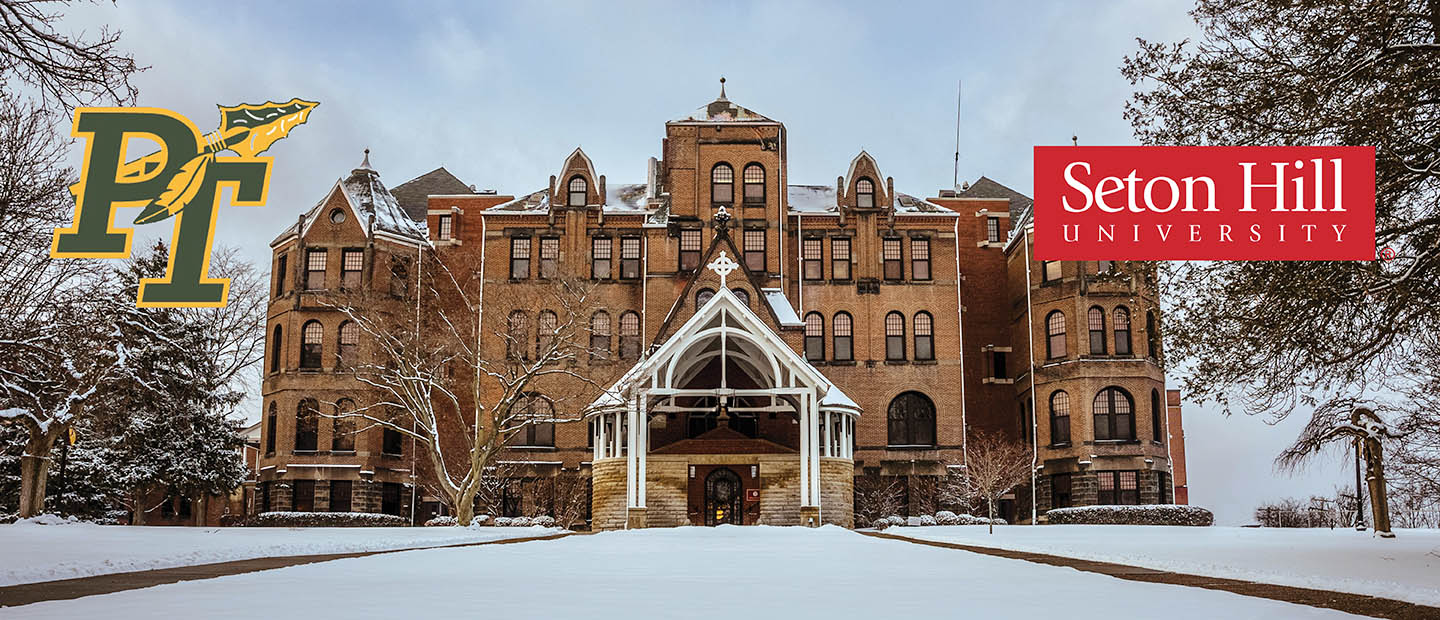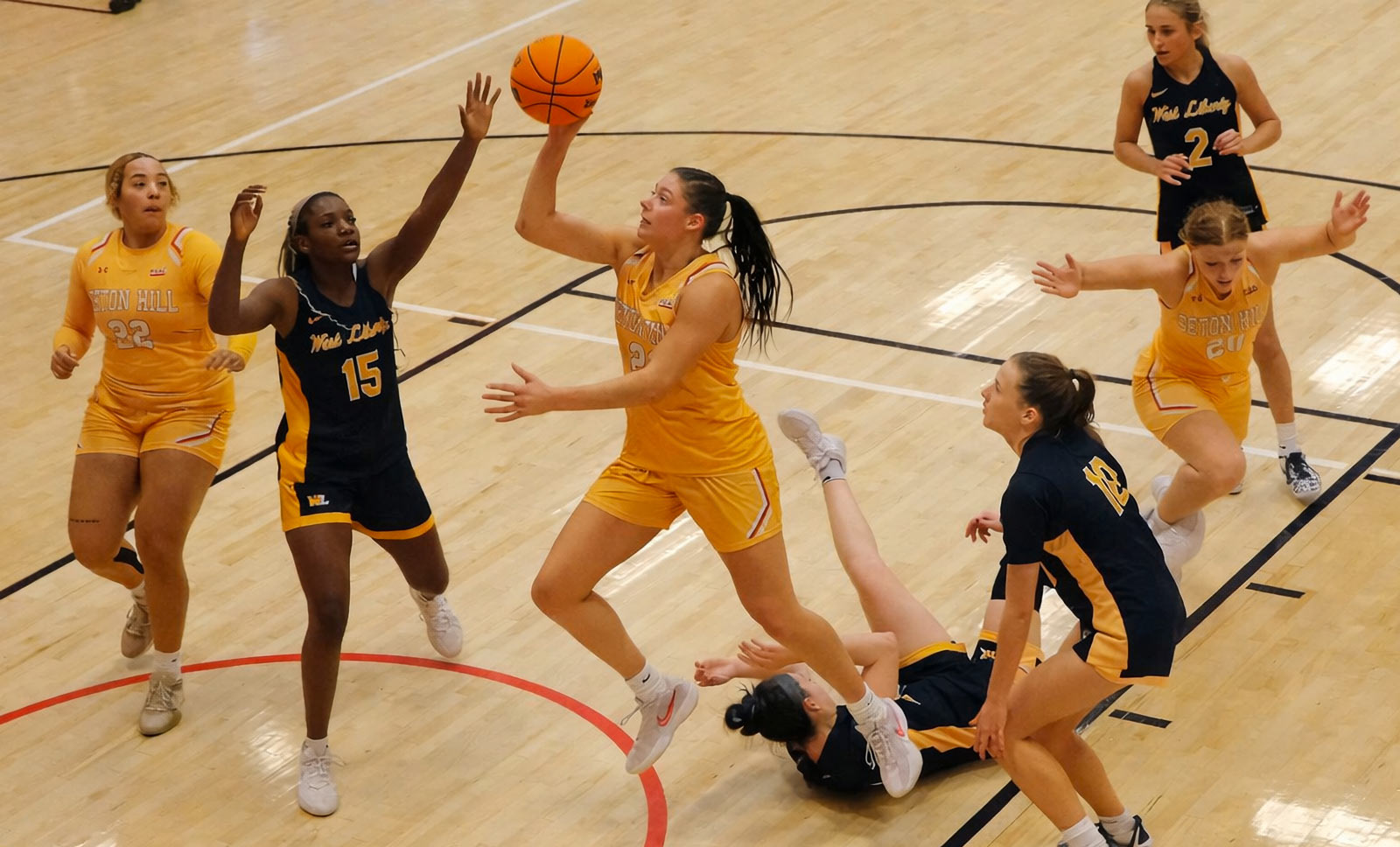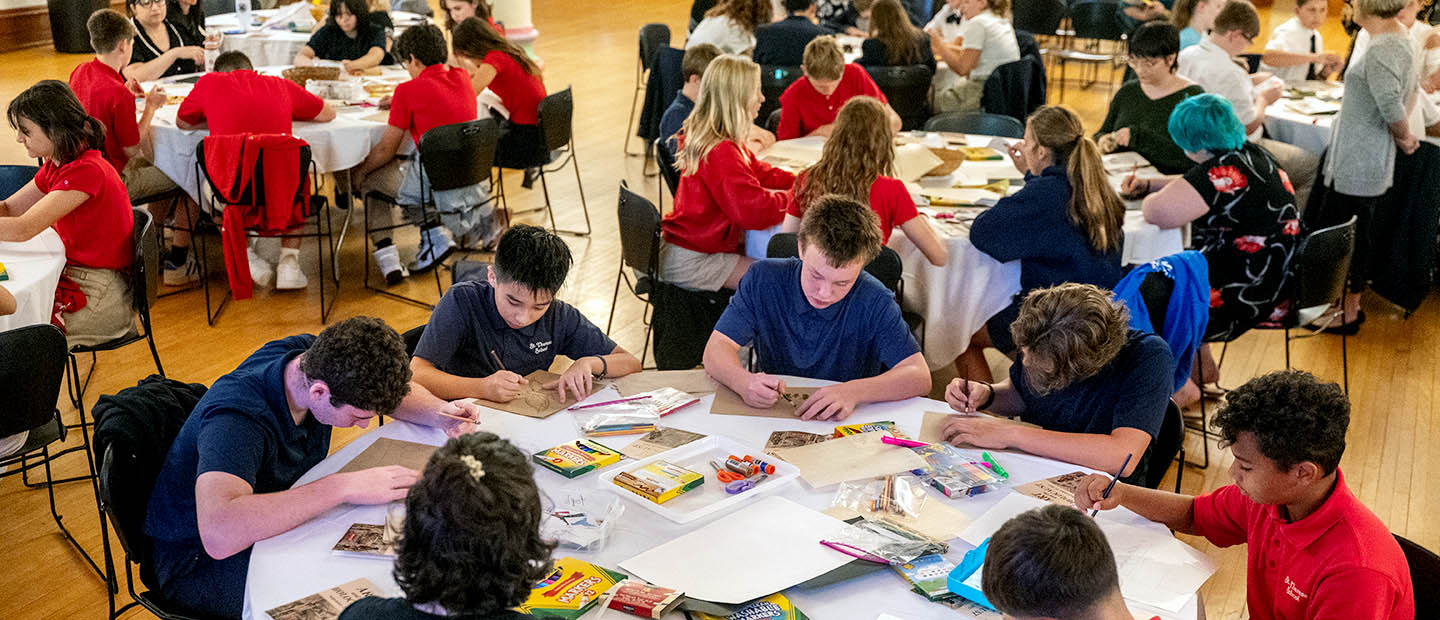Seton Hill Students Interview Oscar-Winning Composer Ennio Morricone
“Hateful Eight” Composer Takes Time to Talk With Granddaughter of Old Friend for Student Research Project
Communication major Marisa Corona (SHU 2017) collaborated with fellow student Luigi Scognamiglio (SHU 2018) to conduct a Skype interview with recent Oscar-winning composer Ennio Morricone. The interview took place on February 4, 2016, just a few weeks before Morricone accepted the Oscar for Music (Original Score) for Quentin Tarantino’s “The Hateful Eight.”
“I thought the interview went great!” Marisa says. “I really didn't know what to expect from it because it's so surreal, but I'm happy it all worked out and we were able to get in touch. The language gap was definitely a challenge or I would've asked more follow-up questions, but I knew I had to respect his time, and I was very grateful for the time he gave me.”
“I always wanted to talk to Morricone, especially because he was close to my grandfather who passed away when I was younger. This project turned into my opportunity to talk to him in a meaningful, practical way."
Antonio Corona, Marisa’s grandfather, attended the Santa Cecilia music conservatory in Rome with Morricone. Marisa's grandmother's connections to Maestro Morricone made the interview possible; even so, it was not without its challenges.
“She called me and said ‘I set it up. You can interview him next Wednesday at 6:30 a.m.,’ ” Marisa recalls. “I said: Nonna! I don’t speak Italian!”
Luckily, Marisa knows people who do.
Spanish professor Judith Reyna, Ph.D. assisted Marisa in preparing for the interview by helping to translate her interview questions into Italian.
“One of my most revered musicians in the world!” says Associate Professor Reyna. “Since I was a kid, I have listened to Morricone. In fact, I have collected his soundtracks for a long time. I love his music and the films in which most of his music has played a central role. I felt very proud when he received the Oscar Award for his soundtrack for ‘The Hateful Eight’ by Tarantino.”
Luigi, a fellow student from Napoli, Italy offered to help Marisa with the interview itself.
“To interview someone so important from Italy, I had to come to America,” said the computer science and math-engineering major with a laugh. “I loved to be able to speak with one of the most important composers of Italian music. As I said in the interview, I felt very proud to be Italian while I was hearing his words. It is definitely not a normal thing for a student be able to interview an Oscar prize-winner, so I am very glad that Marisa gave me the opportunity.”
Marisa developed the interview as part of an Ethnographic Research Project for a course in World Music. This course, offered as part of Seton Hill’s liberal arts curriculum, “provides an opportunity for all students to study through fieldwork techniques, which is a hallmark of ethnomusicology,” according to John Seybert, Ph.D., professor and coordinator of music education. “Student projects range from interviews with famous composers, organizers and musicians for international/national/regional musical events, and investigations of the musiculture of diverse cultural groups.”
It was also the perfect opportunity for Marisa to hone her interview skills while fulfilling a long-held personal goal.
“I always wanted to talk to Morricone, especially because he was close to my grandfather who passed away when I was younger,” Marisa says. “This project turned into my opportunity to talk to him in a meaningful, practical way. I couldn't have done it without Dr. Reyna and Luigi."
Professor Seybert feels that the way the interview came together is as important as the interview itself.
“Dr. Reyna and Luigi's interdisciplinary collaboration to develop and implement Marisa's project,” he says, “is a model for our educational community at Seton Hill University.”
So what did Ennio Morricone have to say about his music and his heritage? By clicking on the links below, you may read the transcript of the interview (in English) or listen to the interview in Italian.



